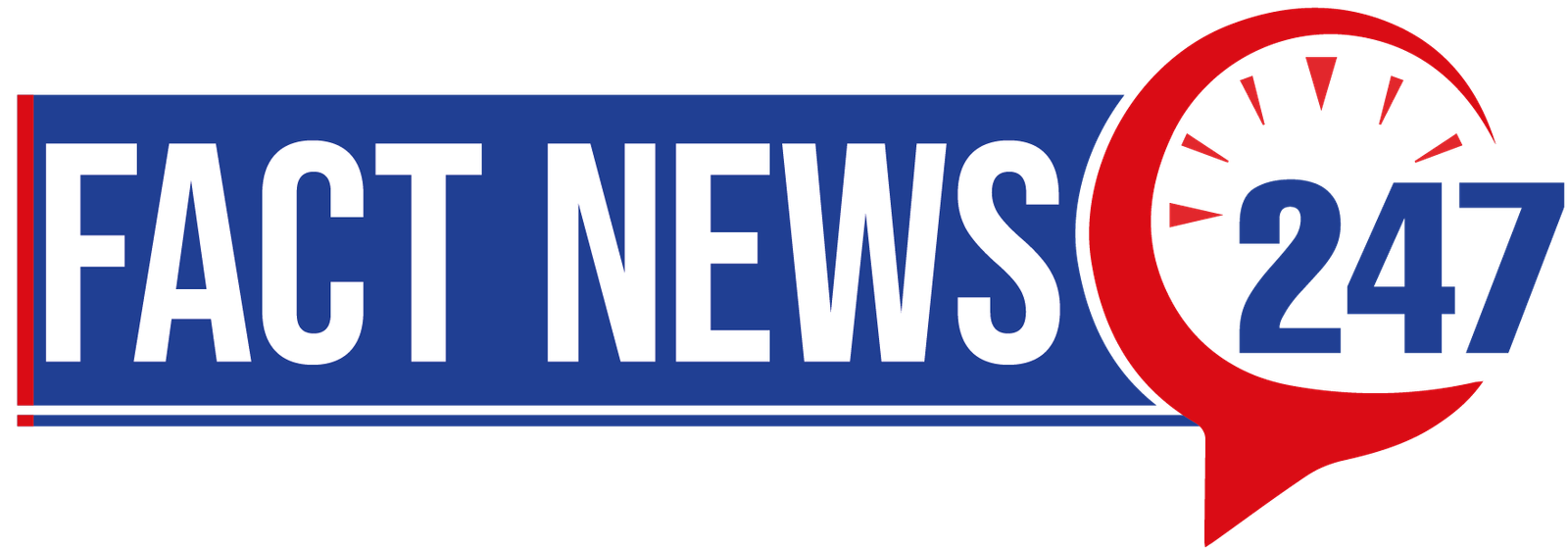Image Credit: iStock Image
Introduction
In the realm of educational research, certain works stand out for their profound insights and transformative potential. One such paper is authored by Chelley Henry, a thought leader in the field. This blog will provide an in-depth analysis of her paper, exploring its methodologies, findings, and the broader implications for education.
Read More About: Daniel Libelig perfetti Van Melle
Understanding Chelley Henry’s Paper
Background and Context
Chelley Henry’s work is grounded in the belief that education is a pivotal factor in societal development. Her paper, published in [year], addresses critical issues such as educational equity, access to resources, and the importance of culturally responsive teaching.
Core Arguments
At the heart of Henry’s paper lies the argument that traditional educational practices often overlook the diverse needs of students. She emphasizes the necessity for an inclusive curriculum that reflects the backgrounds and experiences of all learners. This focus on inclusivity is vital for fostering a sense of belonging and promoting academic success among marginalized groups.
Methodology
Henry employs a mixed-methods approach in her research, combining qualitative and quantitative data. Surveys, interviews, and case studies provide a comprehensive view of the educational landscape, allowing her to draw meaningful conclusions. This methodological rigor strengthens the credibility of her findings and enhances their applicability in real-world settings.
Key Findings
1. The Importance of Cultural Relevance
One of the standout findings of Henry’s research is the significance of culturally relevant pedagogy. Her paper illustrates how integrating students’ cultural backgrounds into the curriculum not only enhances engagement but also improves academic performance. This approach challenges educators to rethink their teaching strategies and incorporate diverse perspectives into their lesson plans.
2. Educational Equity
Henry highlights the systemic barriers that impede educational equity. Her analysis reveals that students from marginalized communities often face greater obstacles in accessing quality education. She calls for policy changes that address these inequities, advocating for equitable funding, resources, and support systems.
3. Teacher Training and Professional Development
Another crucial aspect of Henry’s findings is the need for comprehensive teacher training programs. Educators must be equipped with the skills to implement culturally responsive teaching effectively. Henry suggests that ongoing professional development is essential for fostering an inclusive classroom environment.
Click Here to Understand About: Can I Still Play Basketball If I Have Costochondritis
Implications for Educators and Policymakers
For Educators
Henry’s research offers practical strategies for educators to enhance their teaching practices. By embracing culturally relevant pedagogy, teachers can create an inclusive classroom that respects and values diversity. This approach not only benefits marginalized students but enriches the learning experience for all.
For Policymakers
Policymakers play a vital role in shaping educational systems. Henry’s findings urge them to prioritize equity in education, advocating for policies that dismantle systemic barriers. Investing in training programs for educators and providing adequate resources to underfunded schools are critical steps toward achieving educational equity.
Also Read About to Understand: Highest Grossing Christmas Movie
Conclusion
Chelley Henry paper is a significant contribution to the field of education, offering valuable insights into the importance of inclusivity and equity. By embracing her findings, educators and policymakers can work towards creating a more equitable educational landscape, ensuring that all students have the opportunity to thrive.
FAQs
1. Who is Chelley Henry?
Chelley Henry is an esteemed researcher and educator known for her work in educational equity and culturally responsive teaching.
2. What are the main arguments of Chelley Henry paper?
The main arguments revolve around the need for culturally relevant pedagogy, addressing systemic barriers to educational equity, and the importance of teacher training.
3. How does Henry’s work impact teachers?
Henry’s work encourages teachers to adopt inclusive teaching practices that reflect the diverse backgrounds of their students, ultimately enhancing engagement and learning outcomes.
4. What are the implications of her findings for educational policy?
Her findings advocate for policies that promote equity in education, including equitable funding, resources, and support for marginalized communities.
5. How can educators implement Henry’s recommendations in the classroom?
Educators can implement her recommendations by integrating culturally relevant materials, undergoing professional development, and fostering an inclusive environment that values diversity.
























+ There are no comments
Add yours